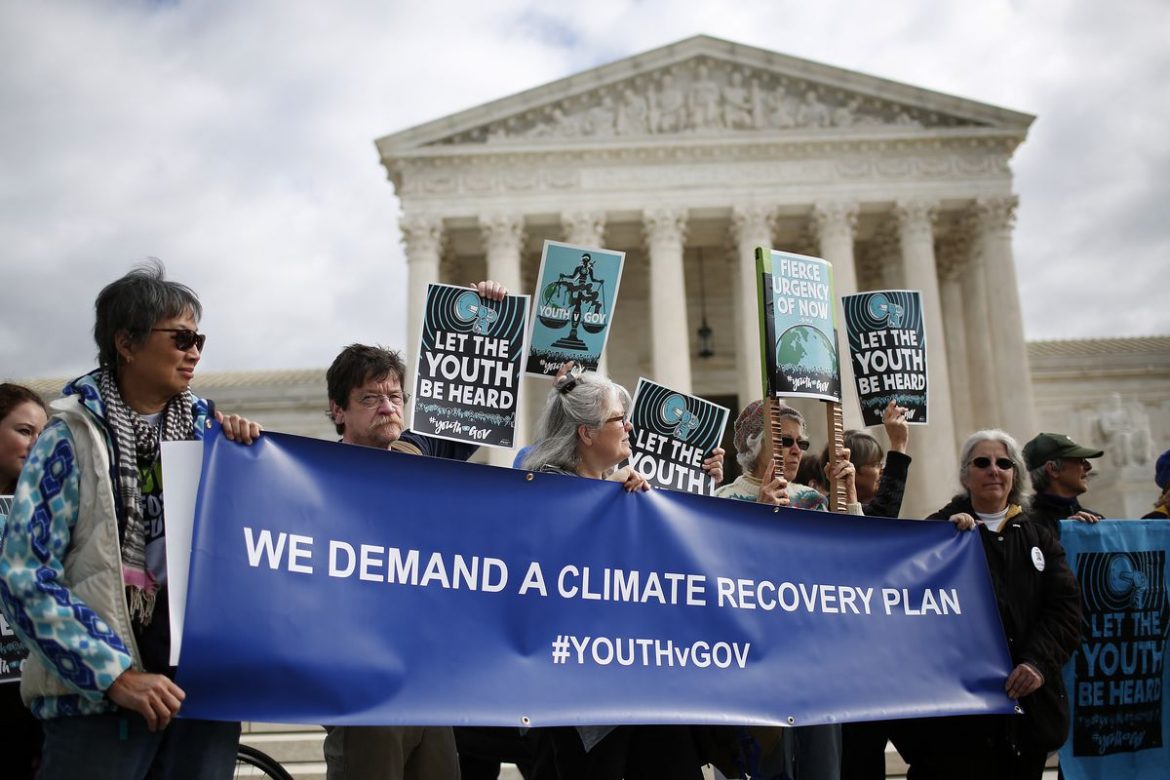The US Supreme Court is debating whether to take up a case that might have a negative impact on the country’s energy and climate policies for the coming ten years.
The lawsuit, filed by Boulder, Colo. in state court, is part of a national effort to blame climate change on energy companies by making them legally responsible for climate-related infrastructure projects.
Energy behemoths like Suncor Energy Inc. and ExxonMobil Corp. filed the petition for review.
According to reports, the Biden administration is being consulted by the Supreme Court on whether it should review the jurisdictional issue at hand: Can state courts make these decisions, or do inquiries into the origins and effects of climate change fall under federal law and need federal court proceedings?
The litigation centres on this issue and the municipal authorities anticipate that respective state courts will be more inclined to approve the cases’ continuation. These claims belong in federal court because climate change is such a significant issue on a national and worldwide level. They bring up fundamentally federal concerns that are better handled by Congress and federal agencies.
Read also: Turkey to open portal for climate studies
Recall that both the Obama and Trump administrations opposed the lawsuits and their reasons apply equally here.
As President Barack Obama’s solicitor general said in his brief on behalf of the US, climate change is “a result of the actions of innumerable sources of various kinds of emissions from around the world over many decades” and impacts nearly everyone. It is “impossible to consider the sort of focused and more geographically proximate effects” raised in climate litigation.
Also, there would be “almost unimaginably broad categories of both potential plaintiffs and potential defendants,” making the question of who to blame “capacious.”
The Obama administration also explained that the litigation raises energy and climate policies “more appropriately addressed by the representative branches of government.”
In the Boulder case, the advocates behind the litigation acknowledge their motive is to advance their preferred climate policies. They want to raise the price of oil and gas by pricing the cost of climate mitigation into these energy sources.
Story was adapted from Bloomberg Law.
